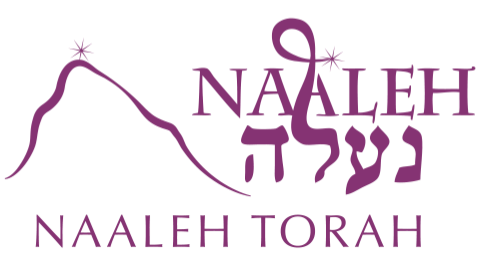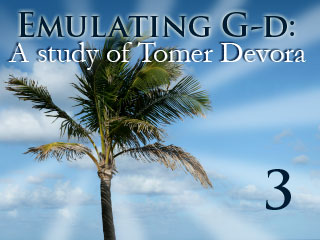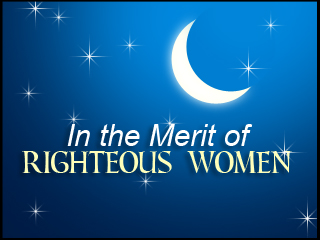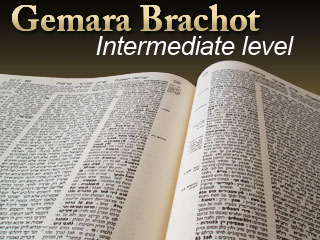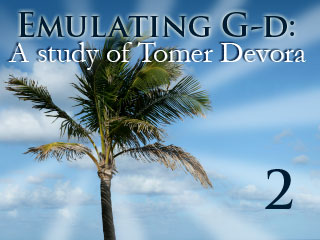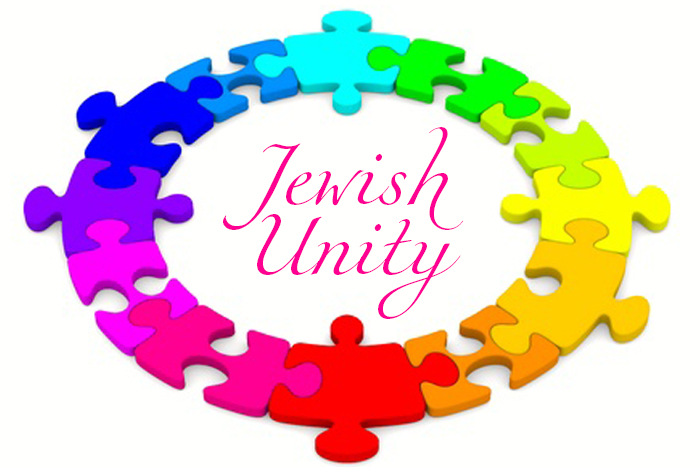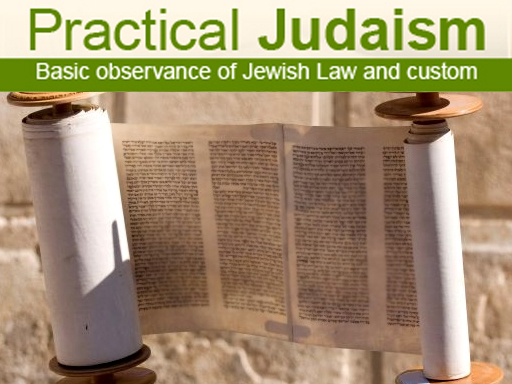Perek 4
Posted onRebbetzin Tziporah Heller talks of the terrible hunger that existed in the time of the Churban, and of the supernatural strength of the enemy, bent on destroying the Jewish People. The perek ends on a positive note, stating that the suffering of the Jewish Nation will soon end, while her enemies will receive retribution for their wickedness.
